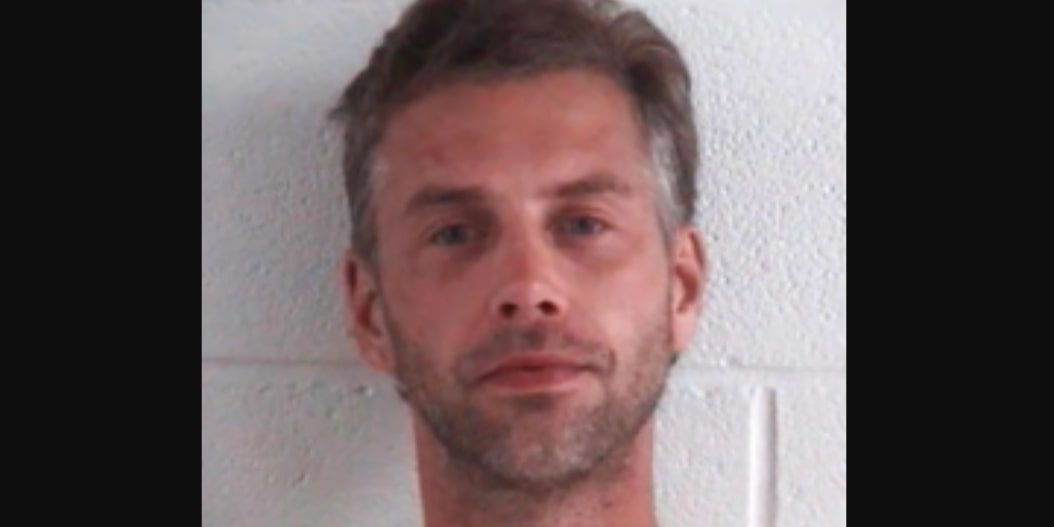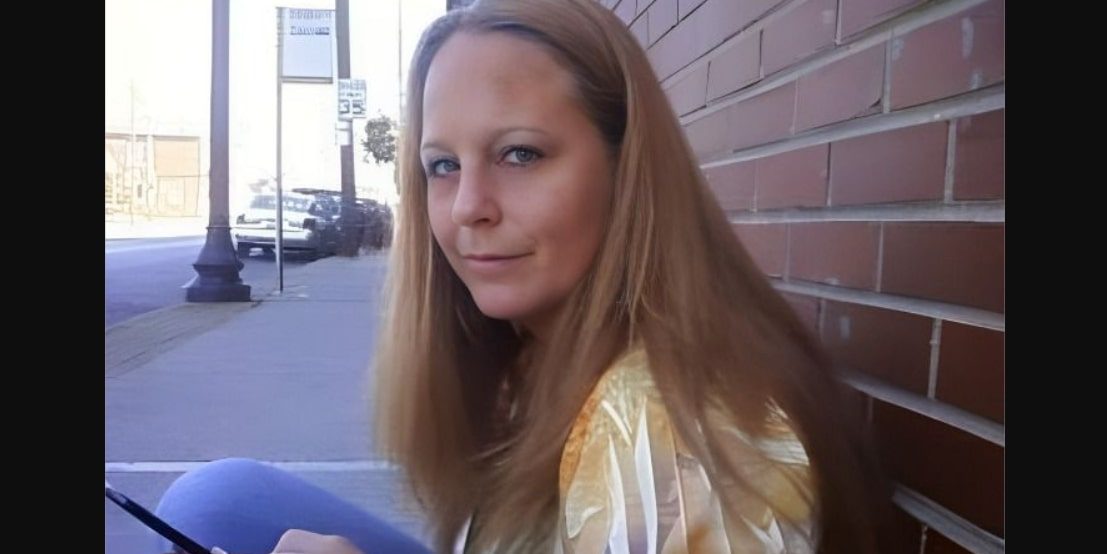Rebekah Lynn Leicy faced many challenges growing up, but she was surrounded by friends and family who cared for her deeply. It wasn’t unusual for her to go long periods without contacting them, and this was the case in early 2015. In March of that year, her remains were discovered in the woods near Ashland, Ohio. While her death was already a devastating loss, the investigation revealed details that made the circumstances even more perplexing. ABC’s episode of 20/20 titled ‘Meet the Other Me’ delves into the case, uncovering the investigation and the individual responsible for Rebekah’s death.
Rebekah Leicy Struggled With Drug Dependency From a Young Age
Rebekah Lynn Leicy was born on March 24, 1983, to Linda E. Smith and Robert L. Leicy. She was raised in Mansfield, Ohio, alongside her two sisters and was known for her bold personality. Rebekah had a determined spirit and often ensured things went her way, especially as her father’s cherished little girl. She embraced life unapologetically and valued her independence. According to her father, Rebekah began experimenting with marijuana recreationally at a young age. However, things took a darker turn when she started dating a high school boyfriend, which eventually led to her addiction to more potent drugs.

At 16 years old, Rebekah Leicy gave birth to her first child, Avon Leicy. With the support of her parents, she was determined to be a good mother despite the challenges. Rebekah left school to focus on providing for her child, but her journey was far from easy. In 2006, her mother passed away. It was a devastating loss that deepened her struggles with drug addiction. According to her father, Rebekah’s life became increasingly unstable, with periods where she was found sleeping in tents or on the streets. Despite her hardships, she had two more children—Xavier Miller and Sarah “Mikayla” Paige Leicy. While Rebekah grappled with her battles, her family took care of her children, offering them stability as she worked to find her footing.
In early March 2015, Rebekah’s family was aware she was staying in a vacant building in Ashland, Ohio. Her father had even visited her there at some point. Since Rebekah often contacted her family sporadically, they were not immediately alarmed when she stopped reaching out. On March 16, 2015, they received the news that her remains had been discovered in the woods near Ashland. An autopsy later revealed that the immediate cause of her death was respiratory arrest, resulting from acute intoxication caused by the combined effects of morphine, cocaine, and Buprenorphine.
The Confession of a Serial Killer Helped Solve Rebekah Leicy’s Case
The initial death certificate issued to Rebekah Leicy’s family listed the cause of her death as “undetermined.” Considering her lifestyle at the time, her father suspected she had stolen drugs from a dealer without paying. He believed she was killed in retaliation, with the drugs forcibly injected into her system. However, in September 2016, when Shawn Grate was arrested and charged with the murders of two women and the kidnapping of another, new information surfaced. During his confessions to the police, Grate admitted that he was the one who had killed Rebekah.

Shawn Grate confessed that he knew Rebekah as they both frequently used drugs and had a casual sexual relationship. One day, he saw her and invited her back to his place. According to Grate, while he was in the bathroom, he heard the jingle of his money clip, which had a bell on it, and discovered that $40 was missing. When he confronted Rebekah, she attempted to leave, but he stopped her. The situation escalated into a physical altercation, during which he strangled her. Grate admitted to keeping her remains in his basement for a few days, stored in a golf bag.
Grate revealed that he borrowed a car from an acquaintance to transport Rebekah’s remains, which he had placed in a golf bag. He then dragged the bag into the woods and disposed of it there. Forensic analysis of the bag confirmed Rebekah’s DNA on the inside and Grate’s DNA on the outside. Additionally, the injuries on her body aligned with the account Grate provided. Based on this evidence, the court found him guilty of her murder. However, Rebekah’s family remains skeptical. Her father recounted meeting Grate once when Rebekah had asked him to bring food for both of them. Despite the conviction, he believes her death is more closely tied to her drug-related lifestyle and not the actions of a suspected serial killer.


You must be logged in to post a comment.